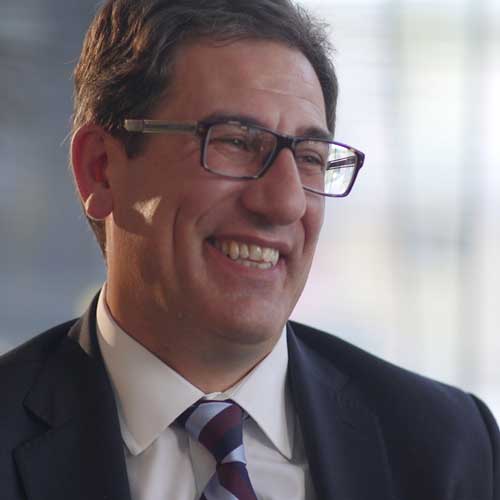CEO Blog

The PBS ‘Price’ Should Never Influence Cancer Treatment
August, 2016: In Australia, the cost of treating some cancers is undoubtedly becoming more expensive.
Physicians frequently express concern about the cost of prescribing innovative branded medicines because of the significant taxpayer contribution required to fund the PBS.
Further, they concede that they are mindful of the public purse when it comes to this sort of decision making.
Just last week at the Australian Lung Cancer Conference in Melbourne, the term "financial toxicity” was used in the plenary session to describe one of the issues oncologists will be faced with when prescribing novel immuno-oncology agents.
Putting the complex issue of health economics aside, drug prescribers should be aware that the price they are presented with when reviewing the PBS schedule is unlikely to be the ‘real’ price, and that the ‘true’ price to the taxpayer is most likely far less.
When headlines scream that a new drug costs $150,000 per year to treat a particular disease, the reality is that the actual cost to the taxpayer will be substantially less – up to 50% less – because it is highly likely that the PBS authorities have negotiated a confidential Special Pricing Arrangement with the pharmaceutical company well in advance.
In addition, many recent PBS listings of novel branded medicines include Risk Share Arrangements where price rebates and/or the use beyond predetermined prescription thresholds trigger substantial rebates back to the Commonwealth.
Leading pharma industry publication Pharma Dispatch recently reported that the size of PBS rebates and discounts from PBS listed drugs which have a Risk Share Arrangement in place has risen from $50M in 2009-10 to over $700M in 2014-15. Further, this is projected to top $1 billion this financial year, on a projected total PBS outlay of approximately $10 Billion.
These arrangements are highly confidential as there are many local and international pricing implications. Without such confidentiality I doubt many of these novel agents would ever be listed in low drug priced countries such as Australia.
STA’s oncology drug Abraxane is one such anti-cancer agent that is subject to both Special Pricing and Risk Share Arrangements. The price of Abraxane as listed on the PBS website is not the price the taxpayer is paying. Not even close -- particularly if Abraxane’s prescription level exceeds pre-specified thresholds.
From a company and taxpayer perspective, this means that each quarter STA, like many other pharma companies in Australia, reimburses the PBS to the tune of hundreds of thousands of dollars.
On average it takes a pharma company 2-3 PBAC submissions over several years to achieve a PBS listing for an anti-cancer agent. This involves highly complex health economic analyses and ultimately, pricing/rebate negotiations.
So when any drug finally makes it on to the PBS, physicians should have the confidence that the PBS has extracted maximum value from the pharma company, even though on the PBS listing website, the price appears to be expensive or even excessive. There is simply no need for any physician to potentially conduct a secondary 'cost to the community' analysis of a novel expensive agent when deciding which agent to use, as many of the 'true' cost inputs are not available to the public - such an analysis only serves to undermine the complexity and integrity of the initial PBS listing process.
So when it all boils down to it, Australians who have worked hard and spent a lifetime of paying taxes should be entitled to access any drug that is PBS listed for their specific condition – even if there is a seemingly less expensive alternative. Equitable access to all PBS listed cancer drugs is a hard earned basic right for all Australians and is priceless.



